[GTranslate]
By Eran Soroker and Tzvi Selka
On June 22, 2011, the District Court in Petah Tikva handed its judgment in A. Elyahu and Sons Ltd.’s (“the first Plaintiff”) and the Health Center (D.A.) Ltd. (“the second Plaintiff”) lawsuit against the Defendants, Night Sleep Center (2000) Plus Ltd. and its managers. In its judgment, the Court addressed the issue of the “hybridization” of marks, and difference between trademark infringement and passing off.
The Court had to determine, whether the Defendants use of its “Dr. Relax” mark, infringes the first Plaintiff’s registered RELAXON trademark and the second Plaintiff’s registered DR. GAV (Hebrew for Back) trademark. The Plaintiffs’ claimed that the Defendant’s mark is a hybrid mark that consists of their well known trademarks and exploits the goodwill they achieve in them.

Dr. Gav Trademark

The Court held that although it is highly likely that the Defendants knowingly constructed the “Dr. Relax” mark from the Plaintiffs’ trademarks, there is no confusing similarity between the three marks, and therefore there is no trademark infringement.
The Court held that there is no consumer confusion. The “Dr. Relax” mark is similar to the DR. GAV trademark only by the mutual use of the word “Dr.”, which is a word that is commonly used in commerce and that the “Dr. Relax” mark is designed differently from the RELAXON trademark, which consists of the word “Relax”, which is also a word that is commonly used in commerce.
The Court proceeded to determine whether the Plaintiffs should be rewarded monetary damages for passing off. The Court indicated that a “hybrid” mark, which consists of others trademarks, can give rise to a cause of action for passing off, provided that the “hybrid” mark causes consumer confusion.
The Court held that the Defendants caused consumer confusion by distributing a catalogues that was designed similarly to the second Plaintiff’s catalogue and by the actions of the Defendants’ employee, who falsely presented the Defendants’ products, as a product of the second Plaintiff. Therefore, the second Plaintiff was rewarded the maximal statutory damages of 200,000 NIS for the two infringing actions.
The District Court referred to the difference between passing off and trademark infringement. The Court held that whereas in an action for passing off the court examines whether the dealer’s actions caused confusion in relation to the source of the product, in trademark infringement the Court examines only if the marks are confusingly similar.
The District Court ruled that although the second Plaintiff proved that the Defendants’ infringing actions have caused consumer confusion, these infringing actions occurred 2 years prior to the date the Plaintiffs filed the claim.
The Court concluded that the Plaintiffs did not prove that the Defendants’ continual use of the “Dr. Relax” mark is likely to create a substantial likelihood of consumer confusion and therefore did not grant the Plaintiffs a permanent injunction.

